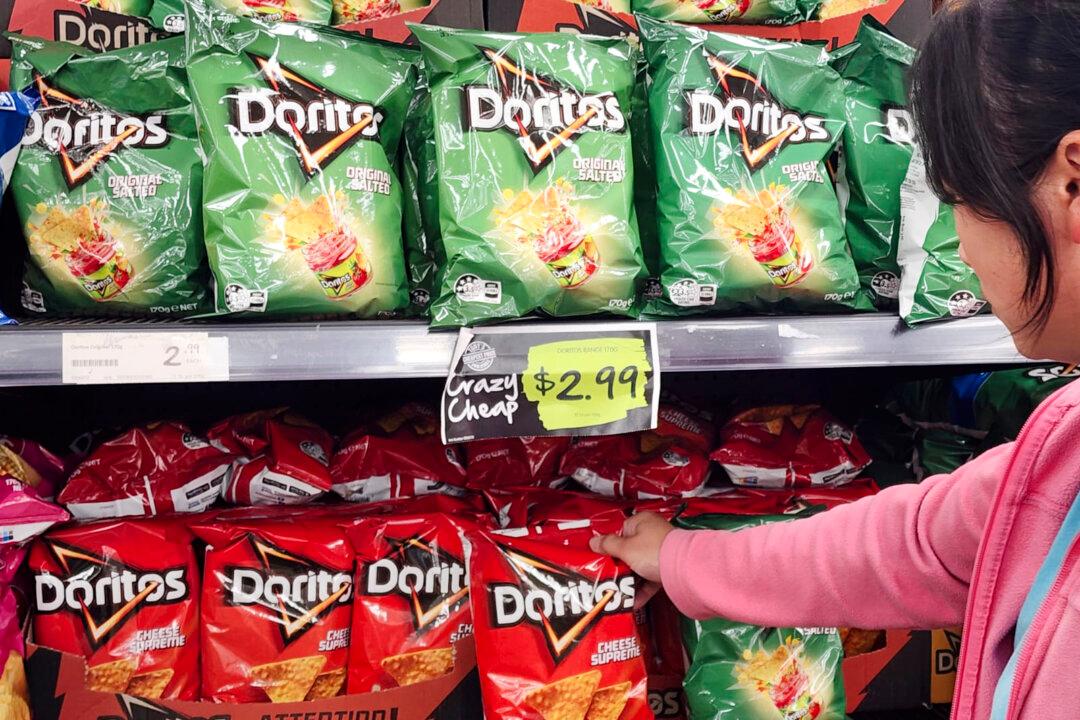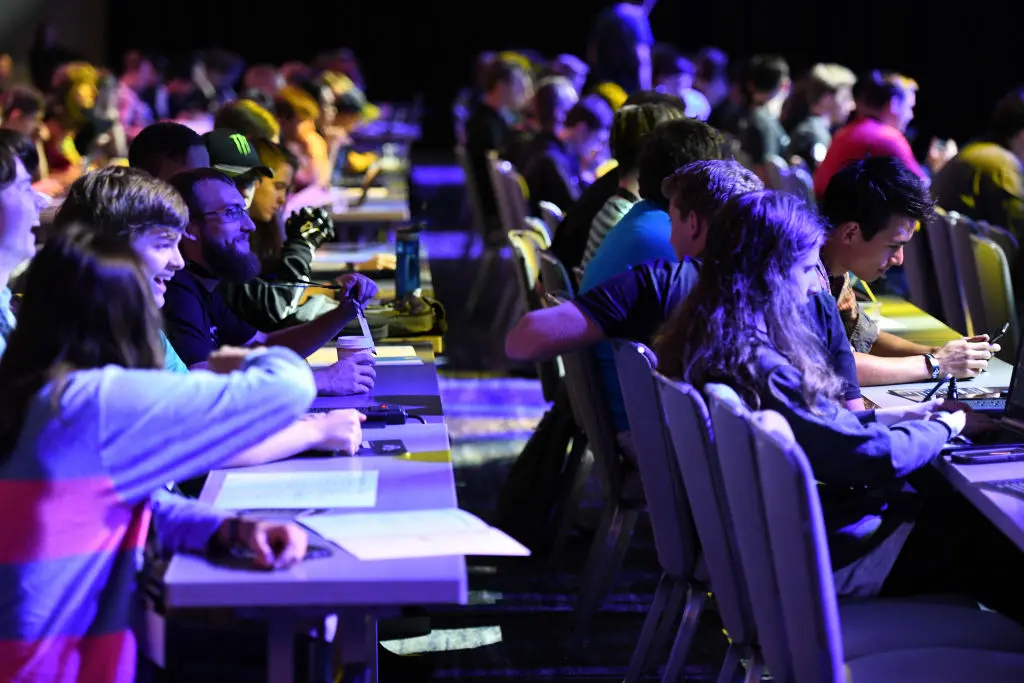Sales of PepsiCo snack products declined across North America in the second quarter, prompting the company to consider adjusting the prices of its offerings.
North American revenues from PepsiCo’s Frito-Lay snack brand posted a decline in Q2 this year, compared to the 14 percent growth in the same quarter last year, the company said in a July 11 report. PepsiCo blamed the situation on rising prices.





